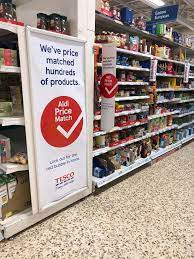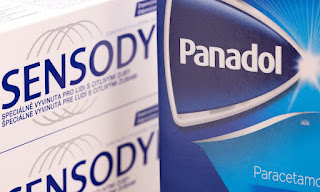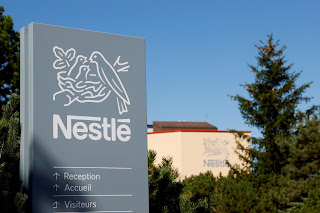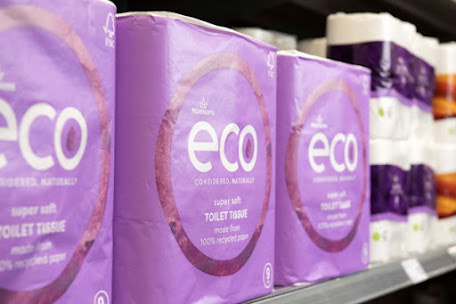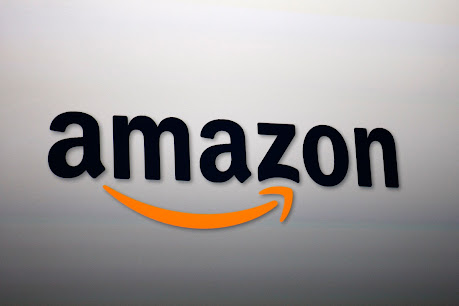589,168 businesses in the UK reported significant financial distress during the final quarter of 2021, a 5% rise on the previous three months.
This is according to Begbies Traynor’s ‘Red Flag Alert’ (monitors financial health of UK companies). The latest research shows Lockdown fault lines.
Data indicates that the debt storm which has been brewing for years, but had been held off by measures to provide breathing space for companies, could now be about to hit, sending shockwaves through many industries.
Julie Palmer, a partner at Begbies Traynor, said: “Businesses that have bravely battled through the pandemic could now start to fail as the pressures they face become too much. Support from the Government such as furlough payments, tax reliefs and a moratorium on landlords being able to evict businesses due to rent arrears cannot go on forever.
“Without these measures in place to protect them, a rising number of companies will have no other option but to relinquish their business after two years of struggling on in the economic uncertainty that has been tempered by measures to combat the impact of coronavirus.
“The lag effect of the economic fallout from Covid, plus significantly higher inflation, has created a perfect economic storm for many companies, particularly the UK’s SME sector, which will undoubtedly drive insolvency rates even higher.”
Inflation is now the greatest threat to the economy with the true rate potentially running far beyond the official 5.4% rate and possibly many multiples more than the Bank of England’s target of 2%. Rising wage, energy and materials costs mean the CPI figures are showing only part of the story in the UK and the subsequent impact on the public’s disposable income is expected to be far greater.
Despite Government support measures unwinding, Palmer said there are indications that the authorities are willing to help businesses that are trying to fight on. She added: “Anecdotally, we are hearing stories about HMRC giving companies two or even three years to pay their tax bills.
“Extra leniency may not be an official policy, but it sends a signal that officials are trying to help businesses survive – even though it might only be delaying the inevitable.”
NamNews Implications:- We repeat: ‘589,168 businesses in the UK reported significant financial distress during the final quarter of 2021, a 5% rise on the previous three months’.
- This is going to affect your business, in terms of customers and rivals.
- To place the issue in context, calculate the incremental sales required to replace your losses from a customer:
- i.e. Divide outstanding credit by your Net Profit before Tax %, and multiply by 100.
- Then apply this formula to each customer you manage…
- (Meanwhile, furlough payments, tax reliefs and a moratorium on landlords being able to evict businesses due to rent arrears cannot go on forever)
- What now Boris?




